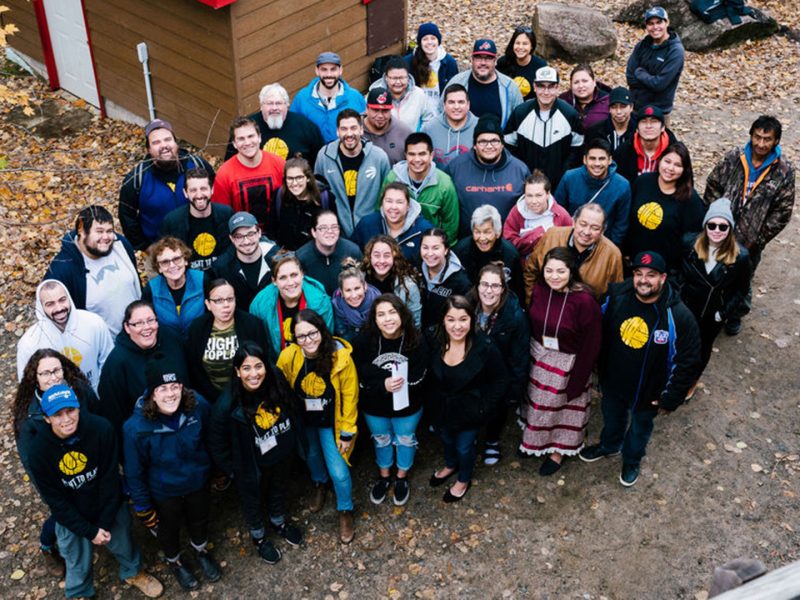Best Practice Models for Industry Engagement
The persistence of labour and skill shortages within the trades is exacerbated by challenges with on-the-job training and skills recognition. However, the current system for skills recognition for apprentices that supports their re-employment efforts is outdated and relies heavily on hours worked and paper log books.

Canadian Apprenticeship Forum’s project explored how digital tools can support apprentice learning on-the-job and facilitate skills recognition in support of continued employment as few existing online skill tests integrate the standards of Red Seal trades.
The project piloted a new online skills assessment tool to document the competencies of apprentices in the electrical, carpentry, plumbing and welding trades. It tested whether this helped apprentices address skill gaps and showcase their capabilities to prospective employers, and thus find jobs more efficiently.
More than 2,000+ apprentices tested a digital tool and 73% of apprentices reported interest in using digital e-portfolios or logbooks. However, 93% of apprentices wanted access to help from a qualified expert who could identify skill gaps and tell them where they need to improve.
The project found that digital tools can play an important complementary role in workplace learning and the recognition of on-site training for apprentices. They cannot, however, replace the need for practical guidance in helping apprentices identify skills gaps and areas for improvement.
CAF’s project also assessed, through industry engagement, the barriers to industry-wide adoption of such tools and how they can be improved to enhance skills development and employee progression. It found many practical barriers to more widespread adoption, including cost, practical integration and other more pressing challenges within the sector.
Featured Projects
Upskill and certify Indigenous child and youth practitioners




